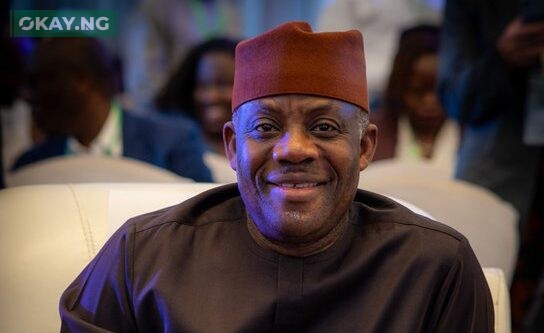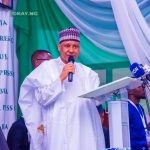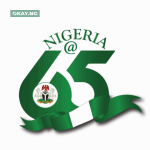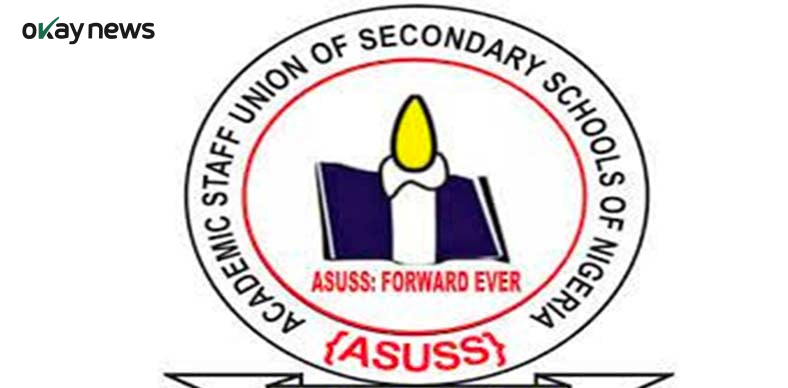The Federal Ministry of Education has unveiled the 2025–2027 Communication Strategy and Framework, a document designed to enhance communication, accountability, and transparency across Nigeria’s education system.
Speaking in Abuja during the official launch, the Minister of Education, Dr. Tunji Alausa, described the initiative as a blueprint for communicating Nigeria’s education reforms “with clarity, credibility, and consistency.”
He emphasized that effective communication was not just supportive but essential to the success of President Bola Tinubu’s Renewed Hope Agenda in the education sector.
“Today, we affirm that communication is not a peripheral activity but a central pillar of reform, accountability, and public trust,” Alausa declared.
“Education is not only about classrooms and textbooks; it is about shaping the destiny of our children and the prosperity of our nation. That future cannot be built in silence, it must be explained, debated, supported, and embraced by the Nigerian people.”
Focus on Reform Achievements
Dr. Alausa highlighted the Nigeria Education Sector Renewal Initiative (NESRI), which has six strategic pillars, including the expansion of Technical and Vocational Education and Training (TVET). He disclosed that over 960,000 applications had been processed on the new digital platform, with 58,000 students successfully matched to training centers.
According to him, from the 2025/2026 academic session, students in federal and selected state technical colleges will enjoy free tuition, accommodation, and stipends.
Basic Education Milestones
He listed key achievements in basic education, such as:
Construction of nearly 4,900 new classrooms
Renovation of 3,000 classrooms
Supply of 353,000 furniture items, benefiting 2.3 million learners
The minister added that almost one million out-of-school children had been identified, with 35,000 already reintegrated. Plans are also underway to establish bilingual smart schools across 33 states.
Public Engagement and Awareness
Alausa stressed the need for citizen involvement to drive reforms forward.
“Policies and programmes alone cannot succeed unless they enjoy the understanding, trust, and active support of stakeholders and the Nigerian public. For too long, transformative initiatives have been launched quietly, with limited awareness beyond those directly involved. This often leads to misconceptions, resistance to change, or a lack of ownership among those the programmes are meant to serve.”
okay.ng reports that the government considers the framework a crucial step in ensuring that Nigerians are fully informed, actively engaged, and supportive of ongoing reforms in the education sector.







